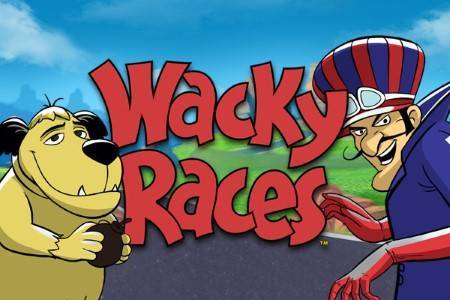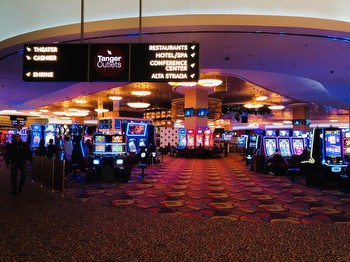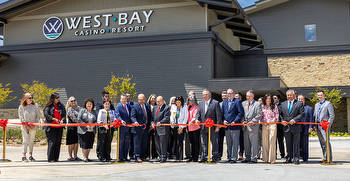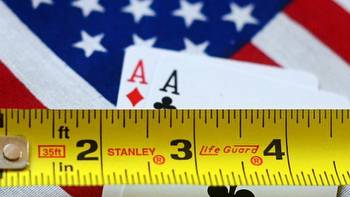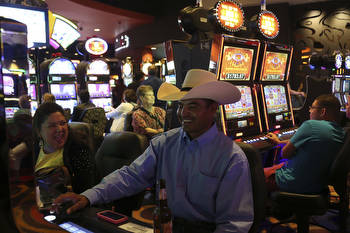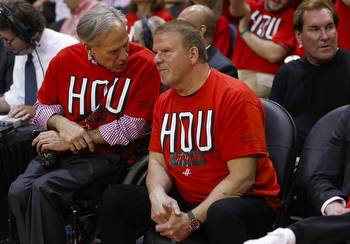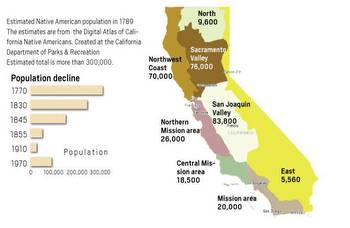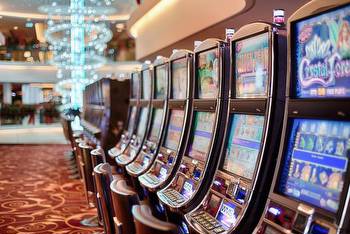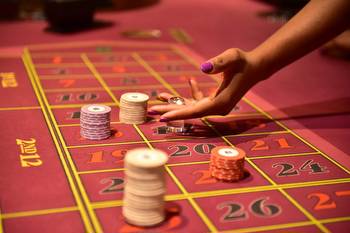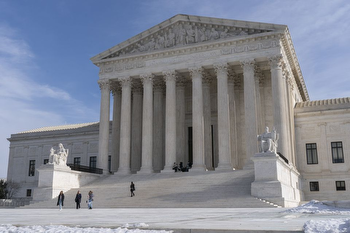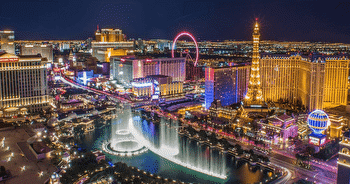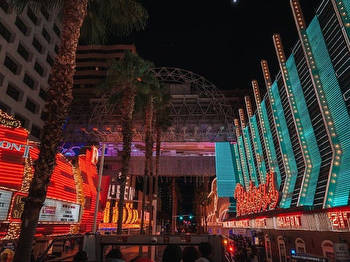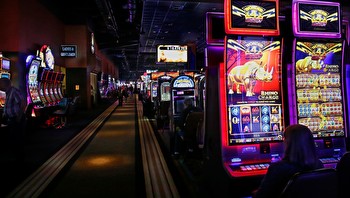Why are There So Many Casinos in Oklahoma?

The Oklahoma casino industry has been growing tremendously since its launch in 2004. The official website of Oklahoma lists over 100 casinos within its borders, casinos that provide 71,000 slots, 4600 bingo rooms and hundreds of table games.
Oklahoma ranks 20th on the list of the biggest states in the country and 28th in population. So, why does it feature so many casinos?
A Supportive State Government
Oklahoma legalized Indian-style casinos in 2004. Since then, the Sooner state has been helping expand this industry left, right and center. For starters, it has been dishing out licenses to investors nearly every year.
There’s a license application fee of $50,000. But this is a small amount compared to the $100,000 or more most states charge for similar applications. Crucially, Oklahoma doesn’t put a stop to the number of license applicants.
As mentioned, the state has 100+ casinos. They don’t all work the same. Some of these companies are racetracks that offer nothing less than horse race betting. Others are huge establishments, like the Winstar Casino—the biggest casino in the US.
Home to the Second Largest Population of Native Americans
This might come as a surprise to some, but Oklahoma is home to the second largest community of Native Americans. It has in excess of 523,000 Native Americans, ranking it behind California, which boasts of 757,000 first American residents.
For clarity, Alaska leads the nation in terms of relative population—Native Americans make up 19% of the state. Oklahoma kicks in at second place, with a populace of 13% relative to other races. New Mexico and South Dakota tie at third (10%) while Montana is fifth.
Owing to that backdrop, it’s not surprising Oklahoma has been extremely supportive of the gambling industry. Native Americans run casinos in many states. But they’re often only allowed to run casinos in reserved land.
In Oklahoma, there are casinos in in multiple cities and towns, from Oklahoma City to Thackerville and Durant. A comprehensive map of casinos in Oklahoma can be found at casinos.us. Use it find the locations of different establishments and to learn the games and amenities they feature.
Oklahoma Targets all Neighboring States
As we mentioned above, Oklahoma allows Native Americans to run casinos in all corners of the state. They can target the state’s biggest population in Oklahoma City. Or they can set shop in the south to target players from Texas.
There are more casinos in towns near Kansas, Missouri, and Arkansas, all neighboring states of Oklahoma. This includes small towns like Miami, which has a population of 14,000 people and 13 casinos.
Thanks to the strategic locations of casinos in the state, Oklahoma’s casinos have been thriving for years despite their large number. Texas has restrictive gambling laws, meaning OK’s casinos in the South have a huge market to tap.
Kansas, Missouri and Kansas don’t have the best gambling laws either. And they certainly don’t have as many casinos as Oklahoma. Due to that, the Sooner state’s 100+ casinos are not likely to go out of business any time soon.
Increasing Revenue Generation
2020 was a terrible year for casinos throughout the country. In Oklahoma, all casinos were forced to suspend their service for roughly three months to help fight COVID-19. The state’s casinos lost 34% of their expected income between January and July last year.
The effects of lost income from casinos were felt for the rest of the year. Oklahoma uses the revenue generated from casinos to support public schools, and Native American citizens in the state.
The state also allocates 12% of annual fees, roughly $250,000 to help fight gambling addiction. However, 80% of the money goes towards improving local public schools.
Oklahoma casinos pay 4% to 8% of their gross profits to the state. In 2019, the Sooner state generated $148.2 million from casinos and a further $28.5 million from racetracks. The state could have collected a lot more money. But as mentioned, it gives casinos leeway to use their profits to benefit tribal communities.
To Suit Everyone’s Needs
Whether you like slots, poker, bingo or betting on horses, there’s a casino designed for your needs in Oklahoma. This is also true for tourists—you can golf, bowl, swim and exercise at some of OK’s most prestigious casinos.
Let’s start with Winstar World Casino. At 600,000 square feet, Winstar is bigger than every other casino in Las Vegas, Macau and London. It features 7000+ slots, 100 table games and 46 poker tables. In light of that information, this Thackerville-based casino is the best place to visit for all types of gamblers.
If you’re closer to Durant than Thackerville, the best casino to visit is the Choctaw Casino Resort. It’s not anywhere close to the size of Winstar. But it features 4200+ gaming machines and 42 table games, enough to keep you busy for a night.
In Tusla, River Spirit is the most recommended casino in the city. It features a huge number of gaming machines (3100) but has a small collection of table games—23. Moving on, Riverwind is your go to casino in Norman. On the other hand, consider checking out the HardRock casino in Catoosa—a great place for gambling and eating great foods from world-class chefs.
No Sportsbooks
Despite its huge number of casinos, Oklahoma lacks progressive sports betting laws. Of course, that doesn’t mean people aren’t betting on sports in the state. For starters, they bet on horse racing in the dozens of racetracks within the state.
Horse racing betting is the only legal way of betting on sports in the Sooner state. But there are caveats. For example, you can visit neighboring cities even though it might be costly to travel.
Another option is to bet through offshore betting websites. Oklahoma frowns to this behavior. But state laws about sports betting target bookmakers, fining and jailing anyone who provides betting markets illegally.
With that in mind, Oklahoma compensates it lack of sportsbooks by availing casinos in every major city. Anyone with a thirst for gambling can quench it by playing gaming machines, bingo or poker. If you have to bet on sports, you have to travel outside of the state.







